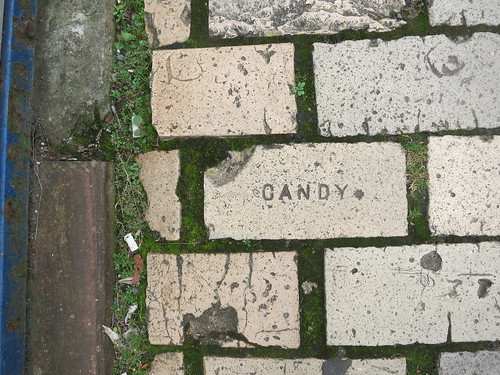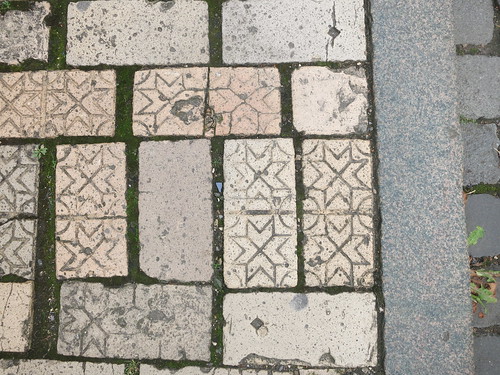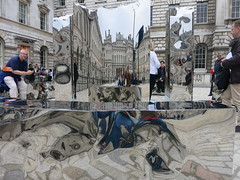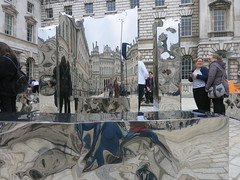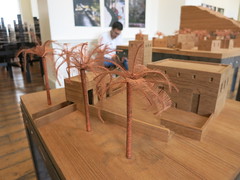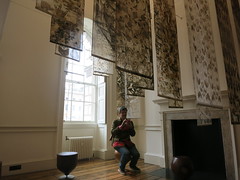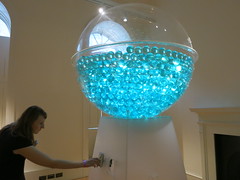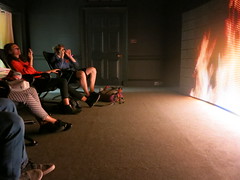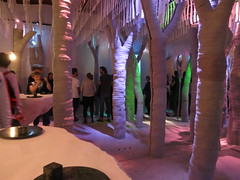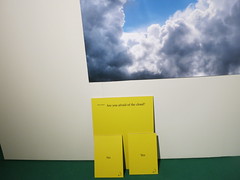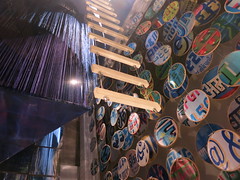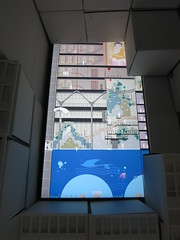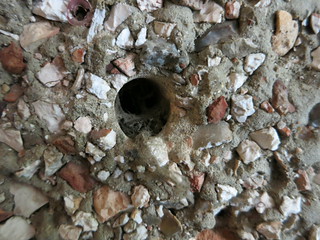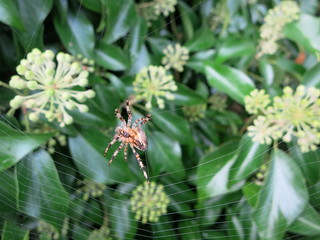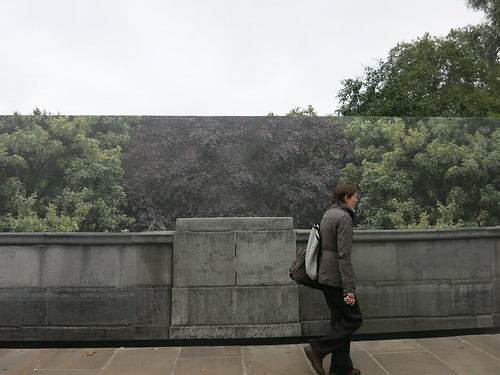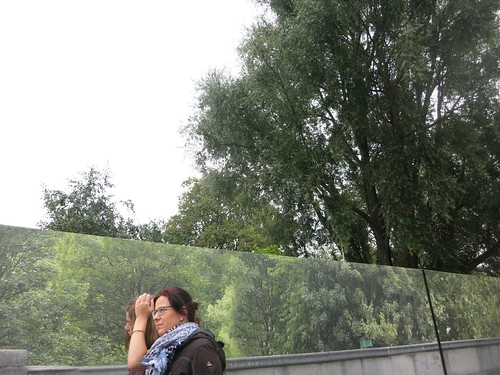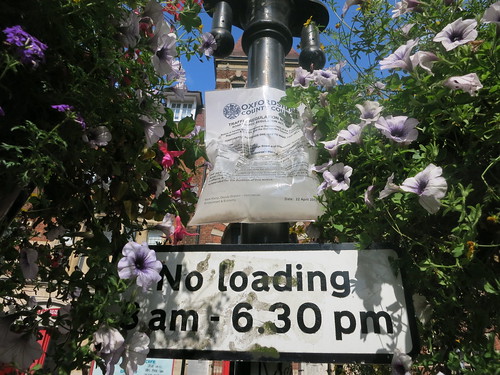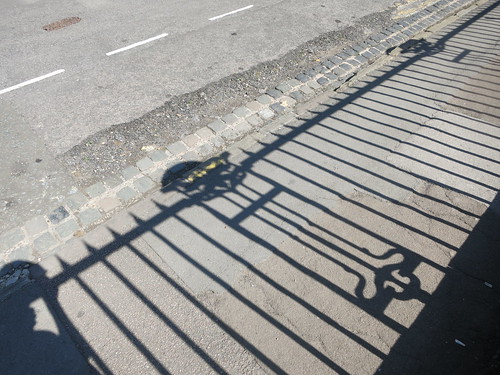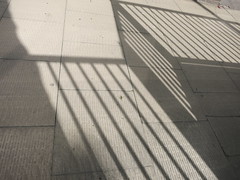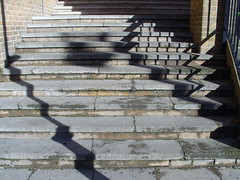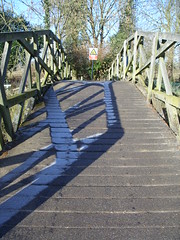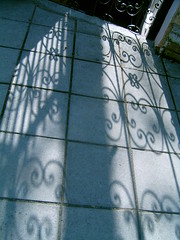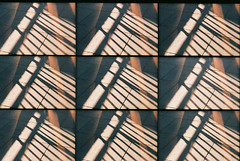I'm just starting get some tomatoes now. Not really sure what went wrong, except there was that dull weather in June, and the greenhouse is now much more shaded between the willow tree (now massive) and the raspberry patch (now also massive). The flavour is also bad, dull compared to previous years. Part of this might be that the varieties I planted this year were harvested mostly from seeds I took from particularly good tomatoes the year before ( a small heritage yellow with potato-style leaves, good for my low light situation) and a packet of Krims I got free from a garden show, and some
Pennard seeds which I've had about the place for rather too long.
But I'm also wondering about my approach. I've been growing in tomatoes in old recycling boxes, on the grounds that I had some around the place, and I've noticed that there has been more leaf, fewer fruits, and a huge tangle of overgrowth that excludes pests and pollinators alike. I think I'll dump them next year and revert to grow-bags and see if things improve.
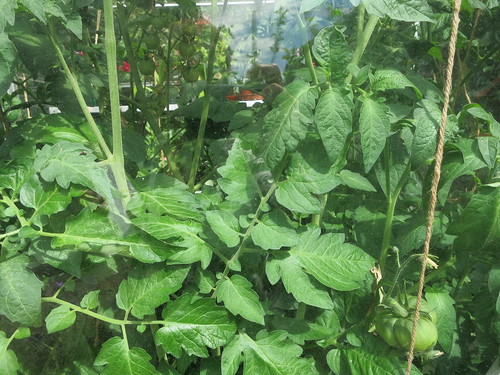
I've also done less pinching I suspect than I should. There's this thing they say about pinching which makes
no sense whatsoever where you are told to pinch out the side shoots so all of the plant's energy goes into the fruit. What? Leaves make energy for a plant, surely the fewer of them you have (as a result of pinching out) the less energy a plant has?
But I think I can see an alternative explanation. You pinch out the shoots, so the plants water swells the fruit preferentially in order to fruit well, rather than scaffolding up more leaves in anticipation of a perennial life that will never come. You reduce the foliage to allow pollinators to get in to set the fruit and sun to get in to ripen it.
This makes perfect sense, and I rather wish people provided that explanation than the "energy" one. I'm looking at you, Monty Don.
